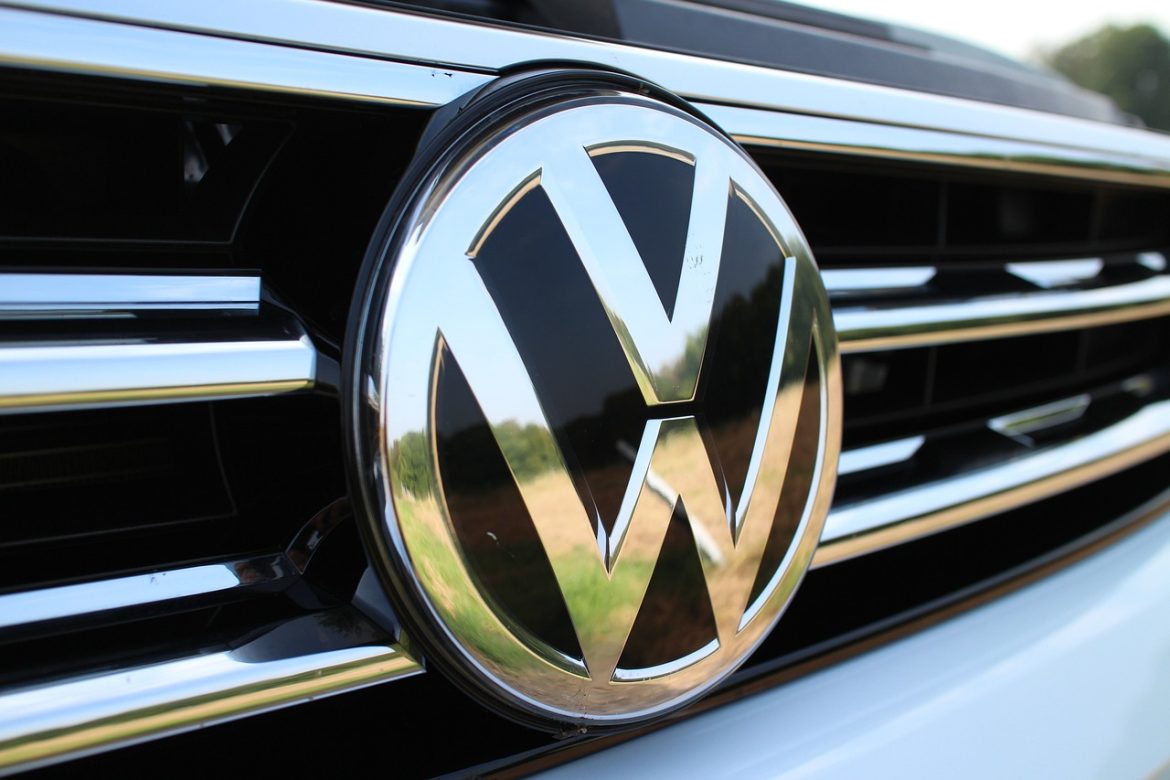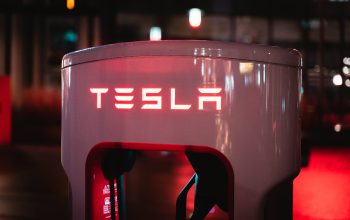Volkswagen will now launch its electric vehicle, Trinity, in 2032, a significant delay from the original target of 2026.
According to a report by Handelsblatt, citing internal company sources, Volkswagen’s prestigious Trinity project will come to market much later than initially planned.
The Trinity, envisioned as a crossover SUV, is expected to go into production by the end of 2032. The initial plan had aimed for a 2026 market release.
The highly automated vehicle was initially planned to be manufactured in a newly constructed facility in Wolfsburg-Warmenau. However, this plan was revised shortly after the new VW Group CEO, Oliver Blume, took office at the end of 2022.
Blume decided to delay the project by two to three years and halted the construction of the new plant in Warmenau. Instead, the Trinity project was moved to VW’s electric vehicle plant in Zwickau.
The postponement of the Trinity project has implications for other planned electric models from Volkswagen. Plans reviewed by Handelsblatt suggest that the new electric Golf, internally referred to as ID.Golf, will now be launched in the autumn of 2029.
The successor to the current ID.4 and another electric SUV are also expected to enter production later than planned. These delays are interpreted as a response to the low demand for electric vehicles and VW’s cost-saving measures. One advantage of the later market introduction of future models is that existing vehicle platforms can be used longer.
However, insiders have expressed concerns regarding software development, fearing it could once again become a bottleneck. Volkswagen has previously had to delay the launch of significant EV models multiple times due to software issues.
Examples include the Audi Q6 E-Tron and the Porsche E-Macan, which were delayed by nearly three years before launching this year. The delay of the Trinity project surpasses all previous delays within the Volkswagen Group.



